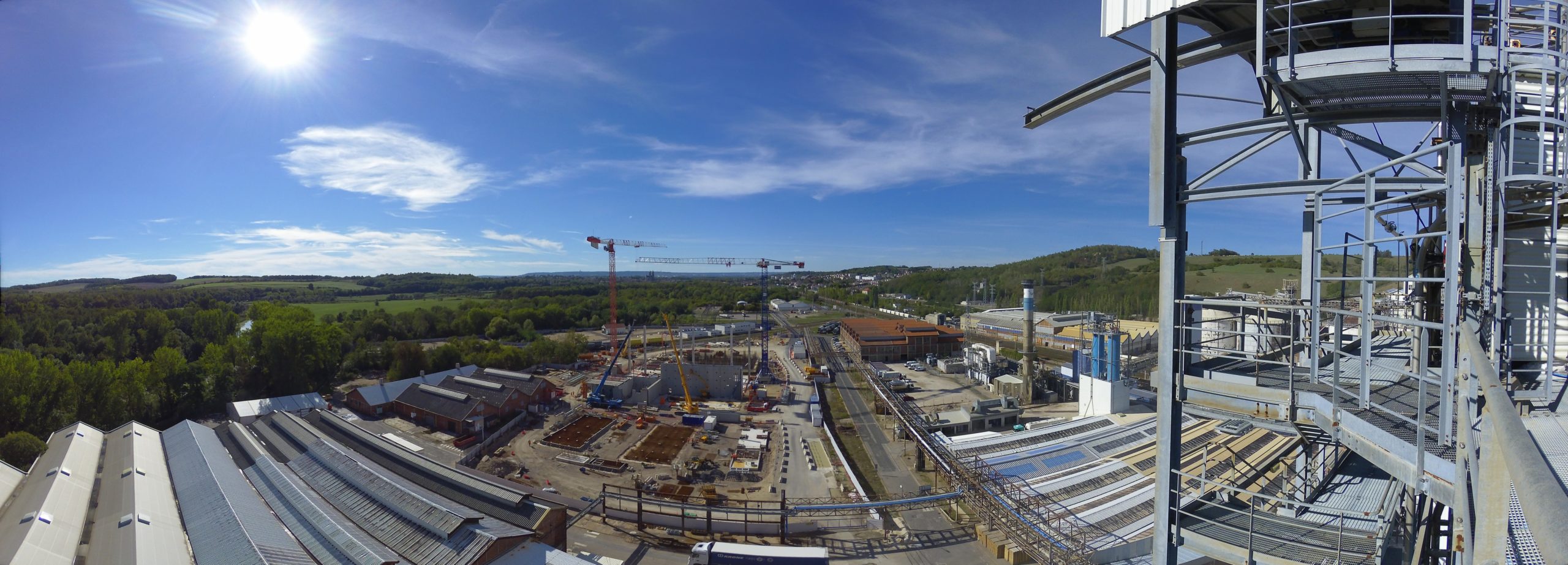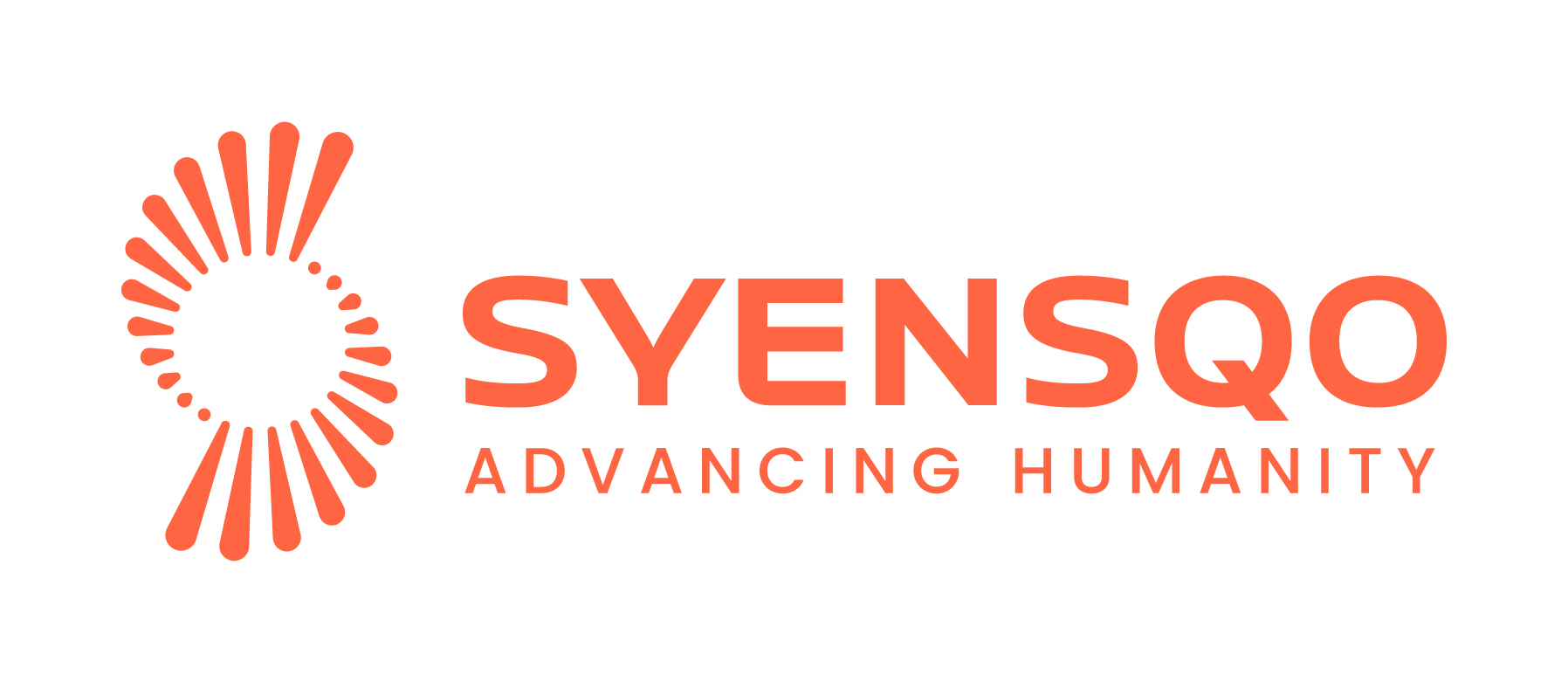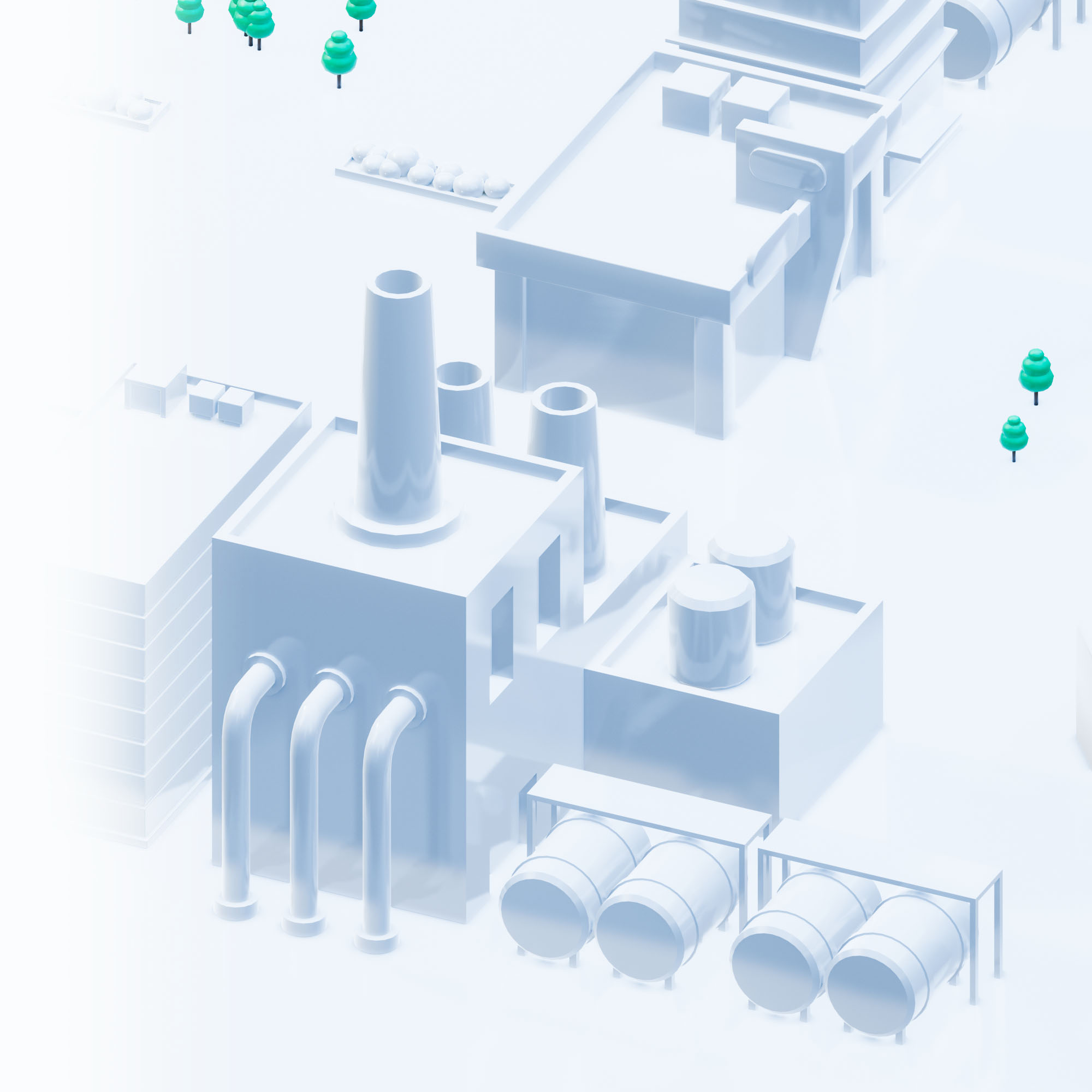Commitment
At Solvay, we are using science to solve key environmental and societal challenges. With our sustainability plan, Solvay One Planet, launched in early 2020, we are committed to clearly defined climate actions in our portfolio, operations, and workplace. Inspired by the United Nations Sustainable Development Goals, by 2030 Solvay plans to reduce greenhouse gas emissions (scope 1 and 2) by 31% and emissions in our value chain (scope 3) by 24%, as compared to 2018 figures, aligning our trajectory with the “well below 2°C increase” of the Paris Agreement. These targets were validated by the Science Based Targets initiative (SBTi) in early 2023.
We will eliminate the use of coal, as no new coal-powered plants will be built, and phase out coal usage in energy production wherever renewable alternatives exist. Moreover, Solvay intends to reduce pressure on biodiversity by 30%, as compared to 2018 figures, in areas such as water eutrophication and marine ecotoxicity. Finally, in terms of concrete internal actions, Solvay started switching to electric and hybrid company cars in 2021.
Lighthouse initiative
Solvay constantly works to accelerate the climate and energy transition in line with the Paris Agreement. As communicated in our Solvay One Planet strategy and described here above, Solvay has set several climate objectives for 2030, one being to phase out coal usage in energy production wherever renewable alternatives exist.
To exemplify this commitment, we have launched a €225M investment project at our Soda Ash plant in Dombasle, France. It will allow us to replace three coal-fired boilers with a boiler equipped with furnaces that run on Refuse Derived Fuel (RDF). The project will reduce the plant’s CO2 emissions by about 50% and transform approximately 350,000 tons of non-recyclable waste into clean energy annually, while eliminating the need to import 200,000 tons of coal and reducing water usage by 7%. It is scheduled to come on stream in 2024.


